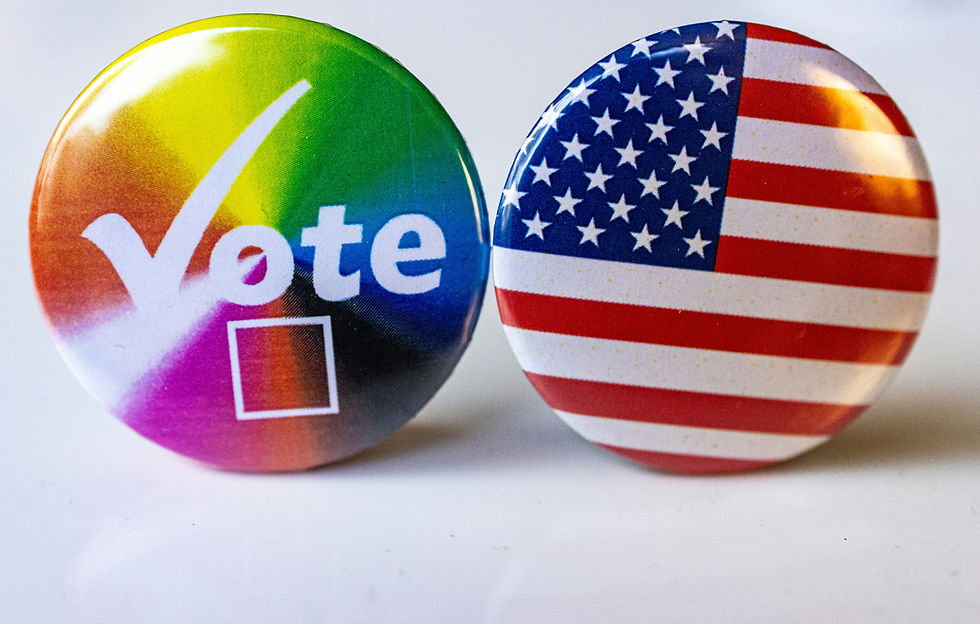“Did you say ‘no?'”
- Rebecca Blanton
- Jul 8, 2016
- 3 min read
When someone says they were raped, many people ask, “So, did you say ‘no?'” It is a common question in court and in police investigations. The validity of rape claims lie in the victim’s ability to affirm that they told their attacker “no” or “don’t.” Some judges go further and want to know if the victim specified the attack was rape during the attack. Saying “No” and “don’t” during assault is not always seen as sufficient for clarifying that a person does not want sex (see examples of this here).
For sex to be non-consensual, our legal system and our basic understanding means that a person somehow communicated clearly that they did not want to have sex. This is a huge problem. It relies on the belief that you can say no, that the actions will stop, and that things won’t get worse.
The thing is, women know that “no” is not always an option. In my blog post two weeks ago, I pointed out that simply refusing advances and requests for prom dates have ended in women being stabbed, burned to death, and shot. I know way too many women who have failed to say “no” because they knew that saying no to sex would mean their situation would become significantly worse. In the grand scheme of things, unwanted sex was the lesser of two evils.
If you want to know how rape is the lesser of two evils, here are a few examples.
A friend was at a high school party and people were drinking. A guy at the party cornered her in a bedroom and started to feel her up without permission. He was quickly joined by two of his friends who heard the commotion. The girl could have said no, but implicitly knew that getting gang raped by three men was less awful than having more join by calling out for help.
A friend went on a first date with a guy in college. He drove. After dinner, he drove her out to an isolated area because he wanted to have sex. She asked to pull over at a gas station to pee so she could get out. He did not. She could have protested. The result could have meant no rape by the guy on the date, but being abandon in a desolated, unfamiliar area with no knowledge of further safety issues, unwanted sex wasn’t the worst thing in the world.
Even when sex isn’t involved, there can be borderline sexual assault. I applied to work as a fund raiser for a local health care agency. Because this position was with a health care agency, I was required to do a basic pre-employment physical. I have done these before. They consist of a TB titre, a drug screen, and basic range of motion tests and listening to a person’s heart and lungs. I have had these screens over a half-dozen times. I never had to get naked. For this location in Sacramento, the pre-employement doctor demanded I wear only panties, no bra, no robe, nothing else during the exam. I asked the nurse to have the doctor explain to me why, in order to listen to my heart and lungs, I had to remove my tank top, bra and yoga pants. Her response, “He just prefers it this way.” If that isn’t a rape-y answer, I don’t know what is.
I was told if I was not stripped down he would not come into the room and would deny me employment. It was a job and get felt up and “examined” by some doc-in-the-box, or loose a job. I sent a complaint to the medical board and lost the job. The female director of the agency said I was being unreasonable to not just comply with the doctor’s ridiculous sexual request.
We have to stop assuming someone felt safe enough to say no when they say they were raped. Sex without consent is rape. Sex with coerced consent is rape. We need to recognize the complexity of the circumstances. The presence or absence of “no” is not enough to mean consent.
Share this:





Comments